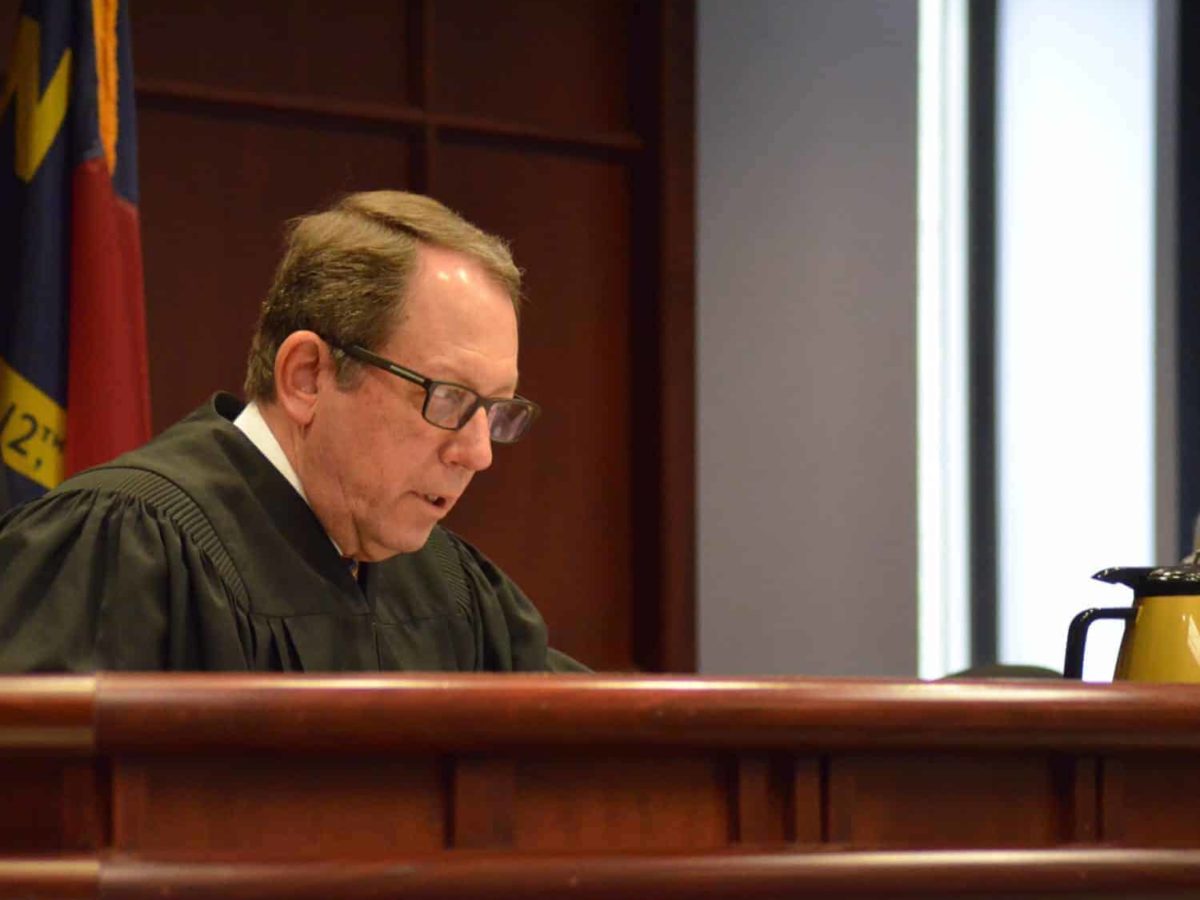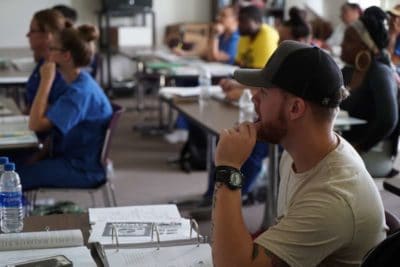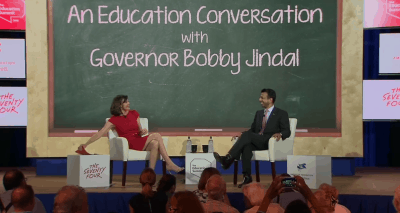
The long-standing Leandro case moves one step closer to a resolution today. WestEd, an independent consultant tasked with making recommendations on how the state can ensure quality education for every North Carolina child, will turn in its report to Judge David Lee today.
It’s not clear yet whether the public will be able to see what those recommendations entail. That will be up to Judge Lee.
“He has not yet indicated what portion, if any, of the report he will release,” said Melanie Dubis, an attorney with Parker Poe representing the Leandro plaintiffs.
The Leandro case started in 1994 when families from five low-wealth counties sued the state, claiming North Carolina was not providing their kids with the same educational opportunities as students in higher-income districts. In 1997, the Supreme Court ruled unanimously in the case that the state’s children have a fundamental right to the “opportunity to receive a sound basic education.” A later Supreme Court opinion agreed with a lower court that North Carolina had not lived up to that constitutional requirement for every student.
For much of its history, the Leandro case was overseen by Judge Howard Manning, who held numerous hearings in an effort to determine how the state could meet its constitutional obligation. In October of 2016, he requested to be removed from the case and Chief Justice Mark Martin reassigned it to Emergency Superior Court Judge David Lee.
In 2017, both sides in the case agreed to have an independent consultant appointed to make recommendations on how to ensure quality education for every North Carolina child. WestEd was chosen to serve in that capacity.
WestEd describes itself as: “A nonpartisan, nonprofit research, development, and service agency working with education and other communities throughout the United States and abroad. WestEd aims to improve education and other important outcomes for children, youth and adults.”
Gov. Roy Cooper has also created a Commission on Access to Sound Basic Education, comprised of 17 members appointed by him, to work “in conjunction” with the consultant and come up with strategies to meet the Leandro requirements set out by the court in 2002. Its next meeting is June 25, where commission members will continue to form their own set of recommendations. This will be the commission’s final meeting.




